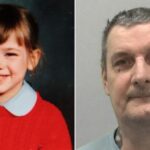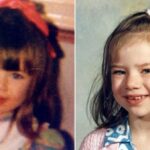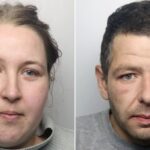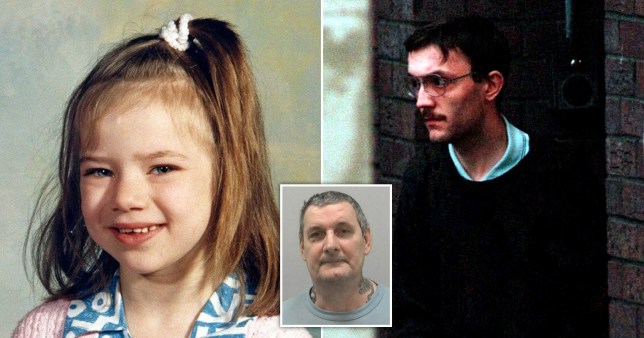
An innocent man wrongly charged with murdering schoolgirl Nikki Allan has described how his life was ‘flipped upside down’ by the accusations.
Nikki, seven, was lured from Sunderland’s Wear Garth Estate to the Old Exchange Building where she was beaten with a brick and stabbed 37 times in 1992.
Earlier this month, David Boyd, 55, was found guilty of murdering Nikki and was today jailed for a minimum of 29 years.
But before Boyd, Northumbria Police wrongly pointed the blame at George Heron, 56 – Boyd’s neighbour.
Officers grilled him for three days, subjecting him to oppressive questioning and, after denying he killed Nikki 120 times, he ‘confessed’ to the crime.
Heron was charged with Nikki’s murder before being acquitted at trial a year later – the judge found George’s confession inadmissible, saying it was obtained through ham-fisted police tactics.
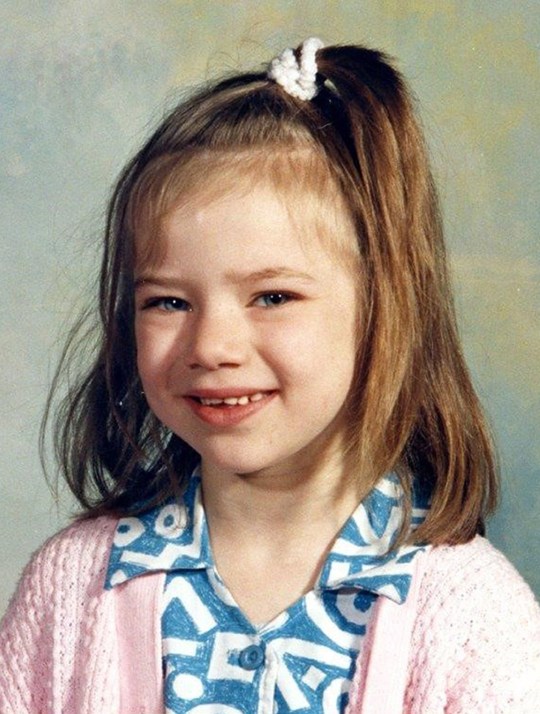
But while Nikki’s killer has finally been brought to justice, Heron says his life has forever been turned ‘upside down’, having since moved to Ireland.
Following Boyd’s sentencing at Newcastle Crown Court, Heron said he ‘lost what little honour and property’ he had as a result of the false accusations.
‘I have had to read and hear (both online and offline) malicious lies being spread about me and my family – some of whom are now deceased and whose funerals I didn’t get a chance to attend (in some cases, I didn’t even find out about their deaths until months later),’ he said.
Heron added: ‘Moving around several times and trying to rebuild what is left of my life hasn’t been easy – learning to trust anyone is difficult and I haven’t even felt that I could trust in any professional to get help.
‘I have had to learn how to adapt on my own.
‘Trusting the police has taken a long time – they still make me nervous to the point of feeling nauseous if I am alone with them.’
He added: ‘It is really difficult to put in words what I have felt since 1992 – going from trying to look out for my family to having my life flipped upside down.’
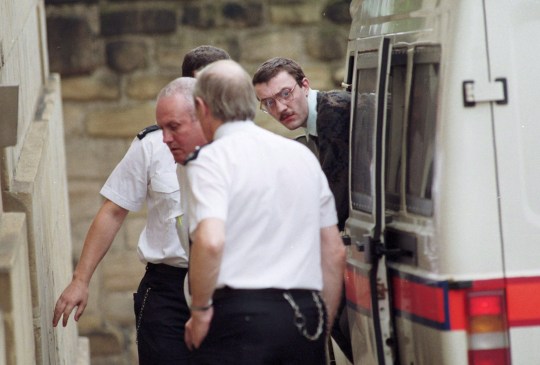
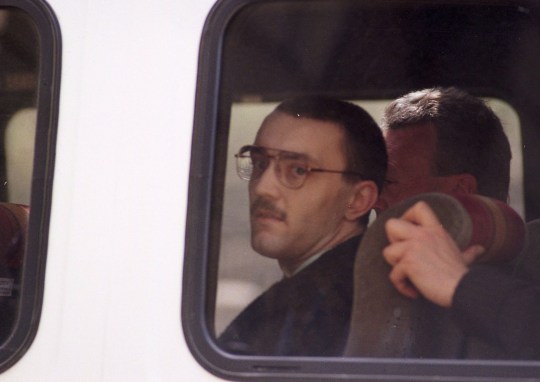
Nikki vanished while walking home from her grandparents’ flat in West Garth, Hendon, a docklands neighbourhood, on October 7 1992.
The prosecution’s case against Heron collapsed in November 1993 and it would take until 2017 when the force used new forensic tools to pin her death on Boyd.
Boyd carried on living. He assaulted a nine-year-old girl in the shopping centre Teesside Park in 1999 and was jailed for 18 months.
He later admitted to his probation officer he had sexual fantasies about ‘young girls’.
Decades later, after Boyd’s trial, Assistant Chief Constable Alistair Simpson told reporters that the force had apologised to Heron ‘for the way he was treated in the 1992 investigation but also for the impact on his life since then’.
But Heron said he is baffled why the original investigators couldn’t do the same.
‘I don’t understand why the original officers couldn’t have admitted they made a mistake, apologised and looked at the case again – instead of having a blinkered view and not trying to put things right,’ his statement said.
‘Originally, I was angry and upset at how I was treated – to the point that I had a drink issue for years (which I have dealt with on my own).
‘I survive because I have to – like everyone else, I would like answers as to why it took so long to find out the truth.’
Heron stressed that no blame should be placed on current serving police officers for the decades-old investigation.
‘I feel sadness, disgust, anger, betrayal by people I expected to tell the truth (especially the original investigating officers),’ he added.
But for now, all Heron can do is try to finally live.
‘Nikki Allan’s murder destroyed so many people’s lives – I am just one of those people,’ he said.
‘I could be angry about being unfairly treated from day one, but this isn’t about me – it is about getting the real truth out into the open, so her family (and what is left of mine) can have some closure and finally try to move on.’

